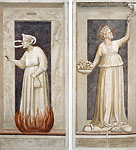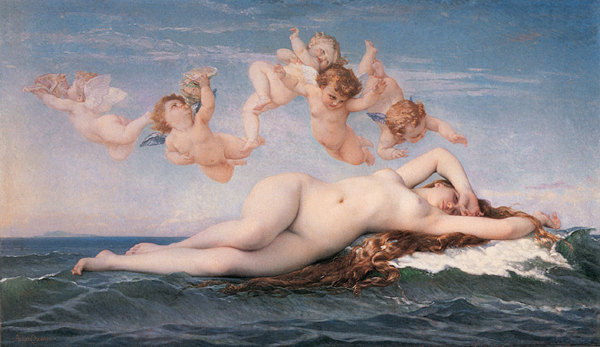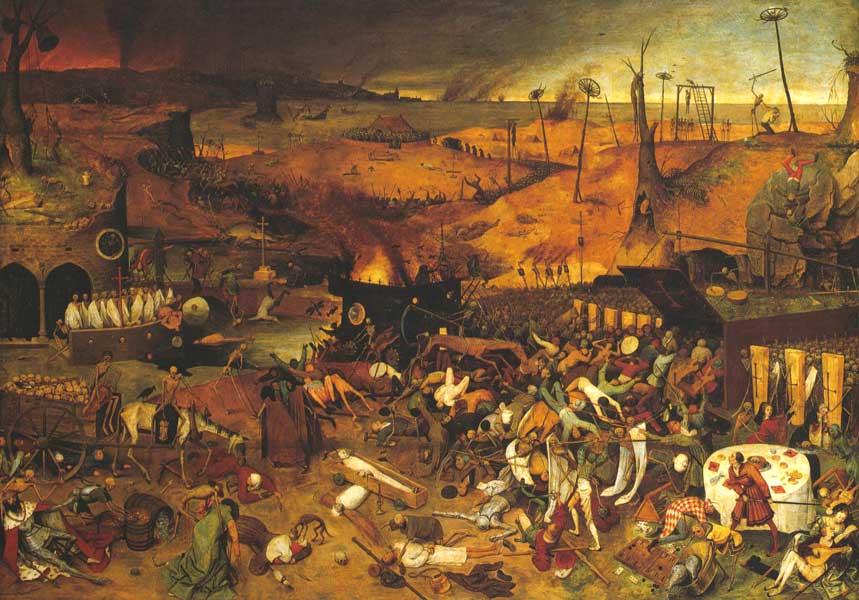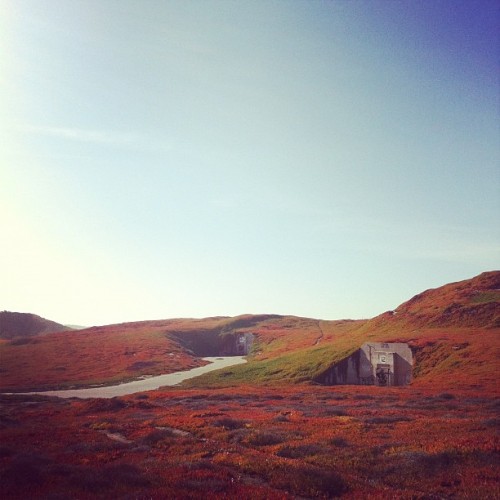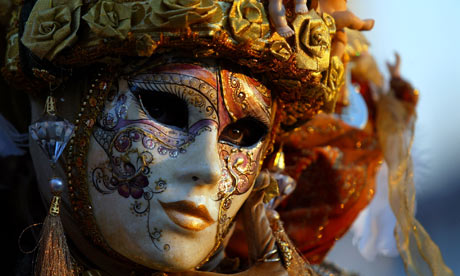Broadway flops were brought to national attention with Mel Brooks’ film The Producers, in which a producer, Max Bialystock, and his accountant Leo Bloom set out to produce the worst Broadway show possible. Â The idea is that it is possible to make more money with a flop than with a hit. Â Of course, their master plan crumbles quickly when the show, Springtime for Hitler, enjoys unexpected success.
There have been many composers and lyricists who have accomplished Max and Leo’s goal without even trying. Â This year, two of these enormous flops are receiving eagerly-anticipated revivals in New York. Â There is an entire subset in theatre culture that is obsessed with big flop musicals. Â There was even a book written about these shows, called Not Since Carrie by Ken Mandelbaum. Â The title refers to possibly the most famous flop, and one of the two musicals that is being remounted, Carrie. Â Yes, that Carrie. Â It is a musical based on the novel-turned-movie by Stephen King about a troubled telekinetic teen.
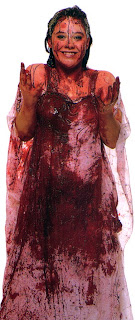
When Carrie was first on Broadway in 1988, it ran for a total of 16 previews and 5 performances.  On this blog, I have often alluded to the innate smallness of the theatre community.  Word of mouth alone seems to have ruined this musical.  It was doomed from its out of town try-out in Stratford, where the public was up in arms that the Royal Shakespeare Company was putting on this show.  Unlike most shows, as Carrie moved forward in development and got closer to its Broadway debut, it got worse.  The revisions and directorial choices weakened the show.  Rather than juxtaposing Carrie’s inner angst and outer powers with a relatively normal society, the show put Carrie’s classmates in costumes that resembled Grecian goddesses and workers at a leather bar.  Carrie’s powers were barely even hinted at, so by the Act One finale, when her hands were literally on fire, members of the audience unfamiliar with the movie or book were perplexed.
While the show failed commercially, it immediately became a camp classic.  Secretly recorded video and audio circulated the theatre community, and those who were not at the show wished they could have witnessed the wreck.  Even now, some salvaged clips remain on YouTube for those fans who never thought this day would come.  They day they can finally see Carrie for themselves.  Mandelbaum says that the thing that separates Carrie from the other flops in his book is that it was so hot and cold as far as quality is concerned.  The mother’s big ballad, “Open Your Heart,” is still held up to be a beautiful piece of music, but there was also a song (which the 2012 review hints may have been cut, or at least pared down) about the pig slaughtering, with genius lyrics like “kill the pig, pig, pig” while oinks resonate through the theatre.  And did I mention the show ended with Carrie ascending an enormous stairway to Heaven?
MCC’s production of Carrie was successful before it even began. Â This is the definition of a cult musical. Â You go to be able to say you went. Â There are those who are avid fans of the pirated cast recording from the 80s, but many audience members just want to see what everyone has been talking about for the past nearly 25 years. Â The New York Times review praises Marin Mazzie who plays Carrie’s religious fanatic mother, but otherwise gently condemns the musical. Â Many positive changes have been made since the 1988 disaster, but it seems that Carrie is just not one of those shows that works. Â Regardless of reviews and actual merit, the production has already extended its limited run an extra four weeks. Â Everyone wants to see the world’s most famous flop. Â I know I would.
The second revived flop of 2012 is a little more tragic. Â Merrily We Roll Along was a show written by Broadway God Stephen Sondheim and originally directed by the equally terrific Hal Prince in 1981. Â The show followed the professional and personal journeys of three best friends backward from 1980 to 1955. Â This show had a bit more success, but about the same amount of chance as Carrie. Â It ran for 52 previews and 16 performances. Â And unlike Carrie, Sondheim and Prince made significant improvements to the show during their time on the Great White Way. Â However, word had already gotten out and the show was really doomed before it began. Â There are tales of walk outs from the first preview, audience members who left completely confused about what story they just watched and who the characters on stage were. Â After closing on Broadway, Sondheim continued to make revisions to the show with librettest George Furth. Â So when the show opened at New York City Center through its Encores! program this year it was a very different show than that first preview in 1981.
However, it still fell flat. Â This production had everything– a stellar, super exciting, young but not brand new cast; a great concept; talented musicians, directors, artists– but it was still missing something. Â According to reviews, this seems to be one of those shows that people want to work but it just might not be possible. Â Personally, my Merrily cast recording is practically worn through I’ve listened to it so many times. Â This is a show I want to see succeed. Â But I’ve also never seen it in full production. Â Critics acknowledge that the music is beautiful. Â It’s Sondheim, for God’s sake. Â Unlike the writers of Carrie, who were not entirely inexperienced but certainly did not have the breadth of experiences Mr. Sondheim has, Merrily has everything going for it, except for the show itself.
Sometimes there is just a disconnect between what should work and what does. Â That is one of the most terrifying and exciting parts of art- seeing what works. Â These are just two examples of when things went terribly bad. Â But now they have a whole community willing to embrace them and spend hours online developing fan sites, sharing bootleg footage, and devoting all sorts of time to the shows that didn’t quite make it. Â I find flop culture quite fascinating. Â I first got into it when dramaturging a show called [title of show]. Â One of the characters, and the writer himself, has a collection of Broadway flop Playbills. Â There is a song that names probably fifty flops, and it was my job to look up each title and find as much information as possible. Â It’s an interesting phenomenon, especially in this age of super commercial, decade-long running shows, that there are still these fleeting pieces of theatre that run under 50 performances and are never heard from again. Â Carrie and Merrily are the lucky ones, but when will the world hear from Buck White again? Â Probably never.
And then I think…how did we let Cats happen for so long?

